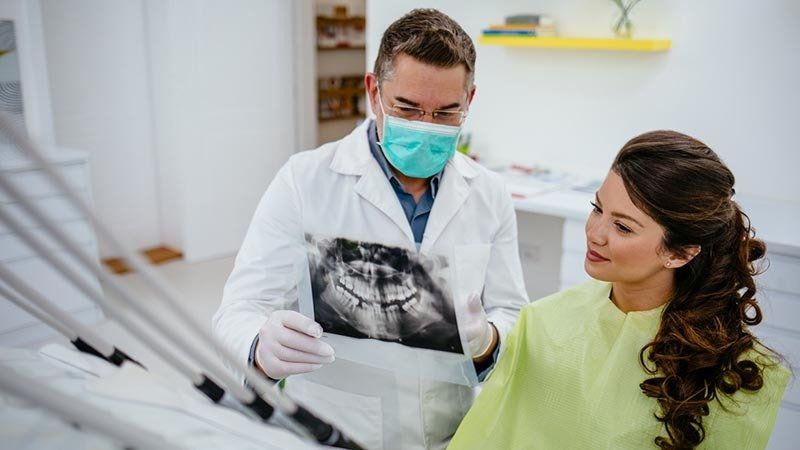
Comprehensive Oral Evaluations
An oral examination is a visual inspection of the mouth, head, and neck, performed to detect abnormalities. Radiographs (x-rays) allow for a more complete examination, helping the doctor to detect cavities, problems in existing dental restorations, gum and bone recession or other abnormal conditions within the mouth, head and neck area.
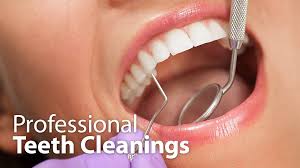
Cleanings
A dental cleaning, also known as an oral prophylaxis, is the removal of dental plaque and tartar (calculus) from the teeth. Specialized instruments are used to gently remove these deposits without harming the teeth. First, an ultrasonic device that emits vibrations and is cooled by water is used to loosen larger pieces of tartar. Next, hand tools are used to manually remove smaller deposits and smooth the tooth surfaces. Once all the tooth surfaces have been cleaned of tartar and plaque, the teeth are polished.
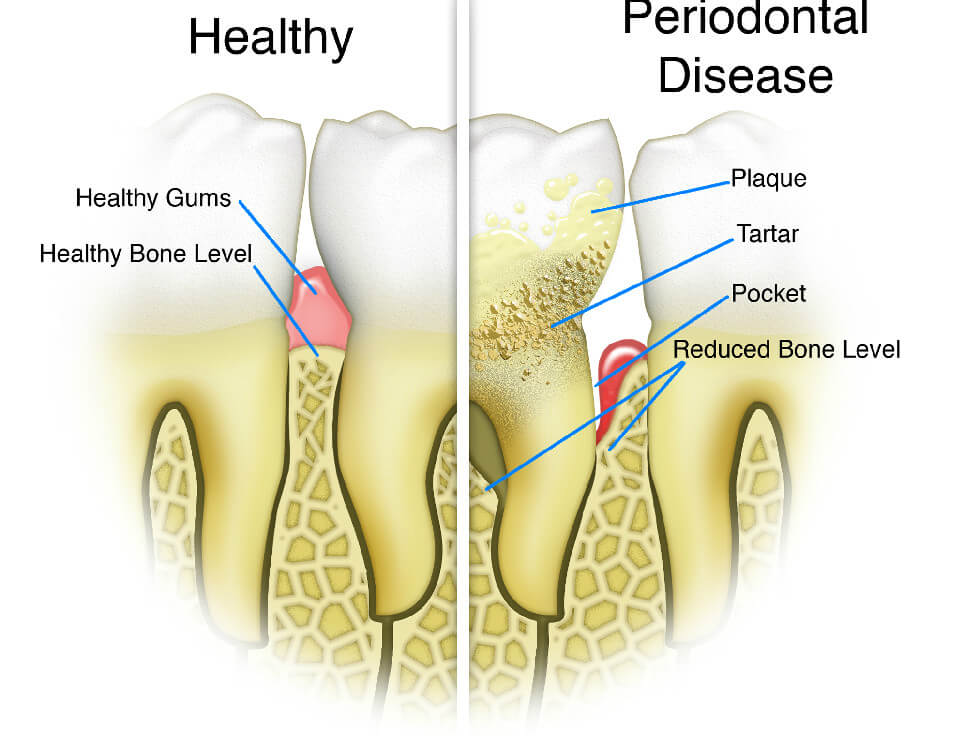
Deep Cleaning/Scaling and Root Planing
Scaling and root planing is a non-surgical procedure used to treat gum disease. During the scaling process, specialized dental instruments are used to remove dental plaque and calculus from beneath the gums. Planing is the procedure used to smooth the tooth roots after the scaling process. Root planing helps the gums heal and reattach themselves to a cleaner and smoother root surface. This procedure is typically performed under local anesthesia (novacaine).

Dentistry for Kids
We love seeing and treating children of all ages! We typically provide fluoride treatments, cleanings, mouthguards, and any restorative work necessary. If treatment is needed outside of our scope of practice, we have a strong network of referring board certified pediatric dentists in the area to assist in any way.
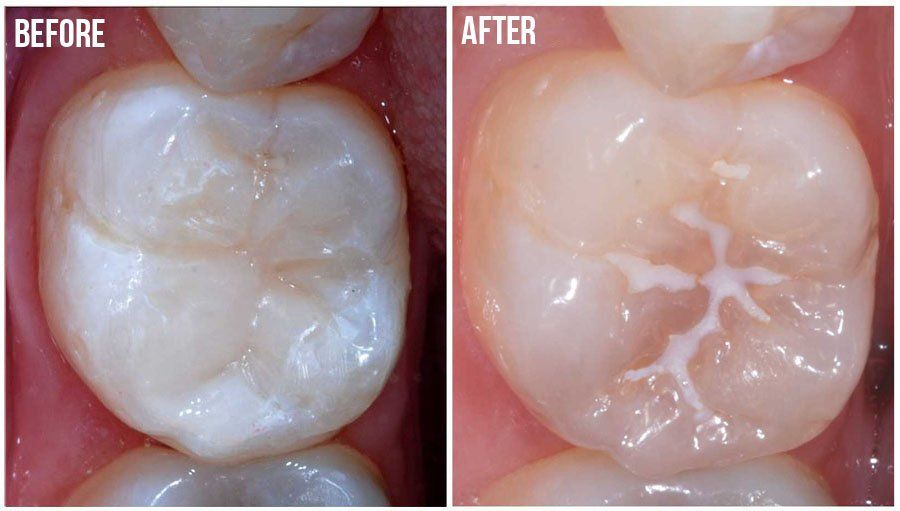
Sealants
Highly effective in preventing decay on the biting surfaces of your chewing teeth, sealants are a simple procedure in which a tooth-colored acrylic “coating” is painted onto the surface of the tooth. This effectively “seals” the deep grooves acting as a barrier, protecting enamel from plaque and acids.
Sealants protect the depressions and grooves of your teeth from food particles and plaque that brushing and flossing can’t reach.
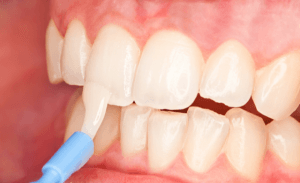
Fluoride
Fluoride helps to strengthen enamel and reduced tooth sensitivity. Fluoride is applied topically on children and is also available for adults. We also carry prescription fluoride toothpastes in office for patients at high caries (cavities) risk.
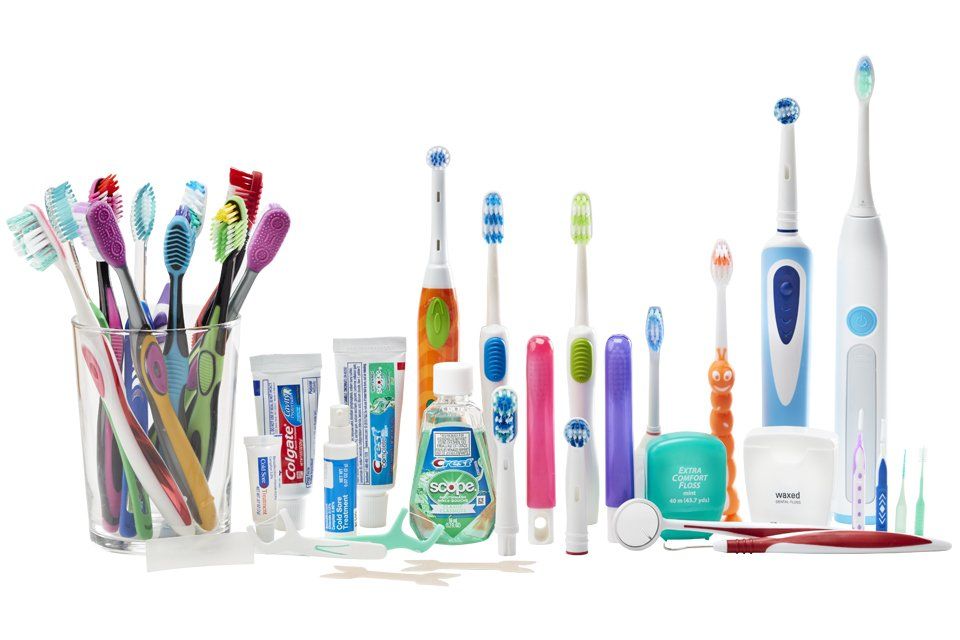
Facts on Oral Hygiene
Why Is Oral Hygiene So Important?
Adults over 35 lose more teeth to gum diseases, (periodontal disease) than from cavities. Three out of four adults are affected by periodontal disease at some time in their life. The best way to prevent cavities and periodontal disease is by good tooth brushing and flossing techniques, performed daily.
Periodontal disease and decay are both caused by bacterial plaque and can be accelerated by a number of different factors. Plaque is a colorless film that sticks to your teeth at the gum line. Plaque constantly forms on your teeth. By thorough daily brushing and flossing, you can remove these germs and help prevent periodontal disease.
If not carefully removed by daily brushing and flossing, plaque hardens into a rough, porous substance known as calculus (or tartar).
Periodontal Disease
Bacteria found in plaque produces toxins or poisons that irritate the gums, which may cause them to turn red, swell, and bleed easily. If this irritation is prolonged, the gums separate from the teeth, causing pockets (spaces) to form. As periodontal diseases progress, the supporting gum tissue and bone that holds teeth in place deteriorate. If left untreated, this leads to tooth loss.
Preventing Gum Disease
The best way to prevent gum disease is effective daily brushing and flossing as well as regular professional examinations and cleanings. Unfortunately, even with the most diligent home dental care, people still can develop some form of periodontal disease. Once this disease starts, professional intervention is necessary to prevent its progress.
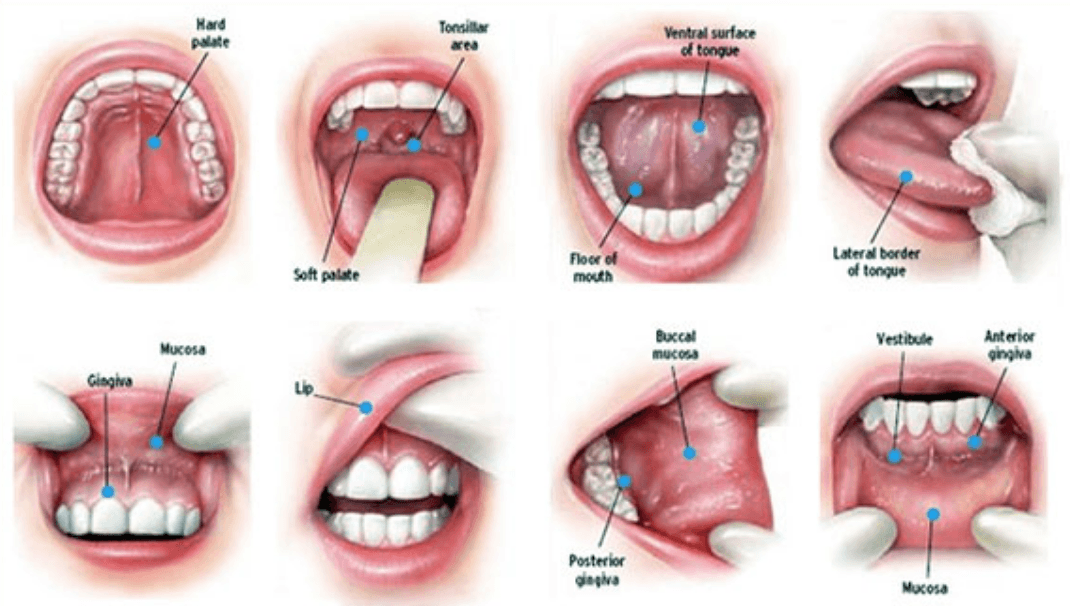
Oral Cancer Exam
The American Cancer Society recommends a comprehensive oral evaluation and soft tissue exam annually, yet only one in five patients reports having an oral cancer exam in the last year.
The dentists and hygienists here at Nardi Famly Dental are trained to perform a comprehensive evaluation of your mouth including the associated structures in the head and neck area. The initial evaluation begins with a detailed history followed by a physical examination of the head, neck, and oral cavity.
What Causes Oral Cancer?
Certain lifestyle choices and habits may affect your tendency to develop oral cancer. There is an increased risk for patients who use tobacco products, consume excessive amounts of alcohol, and are HPV positive. Certain symptoms such as changes in the overall appearance of your tongue or bleeding gums may cause concern, but these changes are rarely cancer.
Often bleeding gums are associated with poor oral hygiene and changes in your tongue’s appearance may be related to inflammation or infection. In some cases, systemic conditions such as vitamin deficiency may be the cause. Your prosthodontist can advise you and please remember an oral cancer exam is painless; treatment for advanced oral cancer is not.

